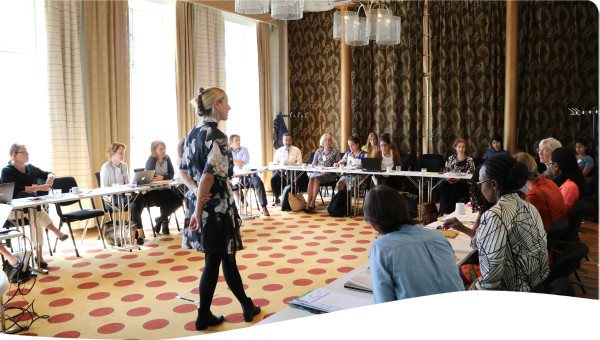The paper attempts to study the Gender Responsive Budgeting (GRB) in the field of urban water and sanitation in Delhi region in order to ascertain the hypothesis that the budgeting and planning impacts the lives of women and girls disproportionately compared to men and boys. The study finds that various policies and schemes pertaining to urban water and sanitation in India can be categorised as ‘gender blind’ since these do not recognise the gender-based disadvantages in accessing safe water supply and sanitation, sewerage and drainage. It is also observed that the overall budgetary allocation for water and sanitation in the resettlement colonies and for Jhuggi Jhopri (JJ) clusters (slums) is grossly inadequate and not in sync with the needs and effective level of service delivery. There is utter confusion and the lack of effective collaboration and consultation among various implementing agencies. Finally, the paper finds that the efforts of bringing out a ‘Gender Responsive Budgeting’ in India have been a cosmetic exercise so far.
Description / Abstract
Publication year
Country
Region
Publisher
Thematic Tagging
English
 Resource -
Resource -
